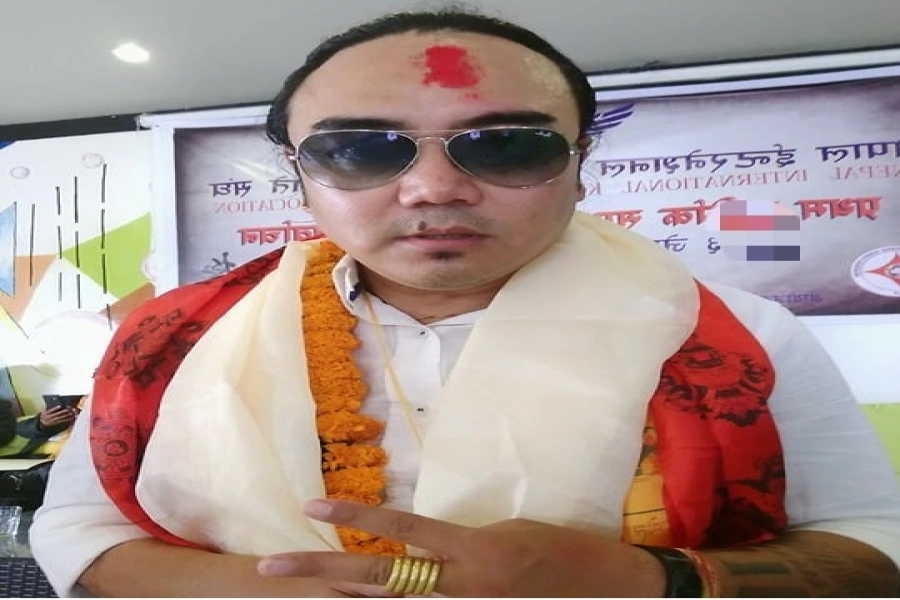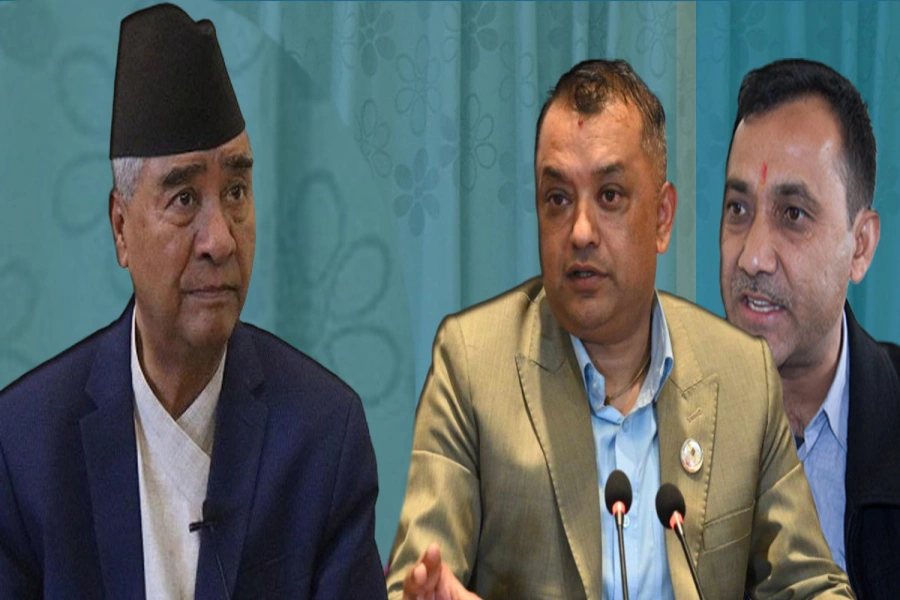Back home after his studies in America and Singapore, the 29 years old has his hands full with a coffee plantation business and plans for harvesting wind energy in Nepal through his company, Wind Power Nepal.[break]
What was the idea behind starting a coffee business?
The coffee business that I’m involved in with two of my friends is located at Syangja. It’s been around six months now. I’m a coffee drinker and there are several health benefits of coffee, like the fact that it helps with diabetes, gallstones and depression. Nepal needs more coffee drinkers and I’m not talking about readymade coffee here. Coffee is also expensive here. So what we’re basically doing is getting together with villagers and providing them with the raw materials, like seeds, fertilizers and letting them take care of the day to day business of growing it. They plant coffee in their own land. This way, the villagers can also have a source of income. We have 7,500 coffee plants at the moment and our aim is to make it 10,000 within a couple of years. We’re building a nursery to expand it in another three years.

Tell us about Wind Power Nepal.
Nepal has a lot of wind energy potential. It’s clean renewable energy, and like solar and hydropower, it’s time we made use of it. We registered Wind Power Nepal on June 15 which is the Global Wind Day. At the moment, we’re involved in the task of wind assessment of the whole country. Areas like the central and far west of Nepal have good wind potential.
The six months have been encouraging and people are receptive. Of course, there was a lot of homework to be done. We haven’t started on any projects yet but we have some tentative plans. One of them is that we could work with World Bank to promote energy in rural areas where they don’t have electricity but they can still charge their mobiles through wind energy. I don’t know if this is going to work out but we’re trying to see if it can be done. We are also working with Clean Energy Development Bank to create financial product for off-grid wind. We are also in the process of designing a pilot project with an NGO in order to actually influence the government because if the government has no policy for wind energy, we can’t go on to large projects.
What have you learnt from both your business ventures?
People are more optimistic when the government isn’t involved. It’s because the government isn’t as efficient as it should be and it slows you down. Many young people are coming back after their studies abroad and they are bringing a lot of skills and ideas with them. It’s time the state realized that it needs them for nation-building. Because if a person just wants to earn his living, he can do that anywhere, and abroad it’s a lot healthier.
Saroj Guragain appointed as new Chief Administrative Officer of...






































